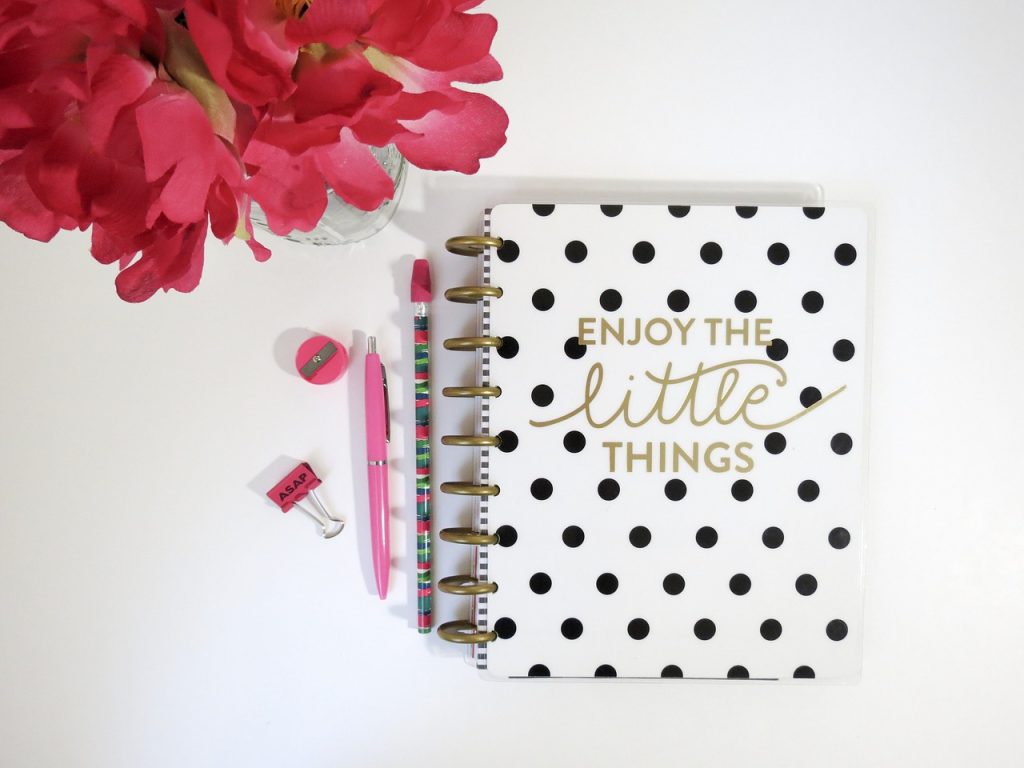Whether you’re nannying or parenting (or both!) chances are you’ve experienced sleep problems with baby. Here are some tried and tested techniques to help get baby to fall and stay asleep.
Night Parenting Decisions
Develop a realistic attitude about nighttime parenting. Sleeping, like eating, is not a state you can force a baby into. Best you can do is to create a secure environment that allows sleep to overtake your baby. A realistic long- term goal is to help your baby develop a healthy attitude about sleep: that sleep is a pleasant state to enter and a secure state to remain in.
Stay flexible
No single approach will work with all babies all the time or even all the time with the same baby. Don’t persist with a failing experiment. If the “sleep program” isn’t working for your family, drop it. Develop a nighttime parenting style that works for you. Babies have different nighttime temperaments and families have varied lifestyles. Keep working at a style of nighttime parenting that fits the temperament of your baby and your own lifestyle. If it’s working, stick with it. If it’s not, be open to trying other nighttime parenting styles.
Decide where baby sleeps best
There is no right or wrong place for babies to sleep. Wherever all family members sleep the best is the right arrangement for you and your baby. Some babies sleep best in their own crib in their own room, some sleep better in their own crib in the parents’ bedroom. Remember – sleep is not a state you can force your baby into. Sleep must naturally overtake your baby. Your nighttime parenting role is to set the conditions that make sleep attractive and to present cues that suggest to baby that sleep is expected.
Get baby used to a variety of sleep associations
The way an infant goes to sleep at night is the way she expects to go back to sleep when she awakens. So, if your infant is always rocked or nursed to sleep, she will expect to be rocked or nursed back to sleep. Sometimes nurse her off to sleep, sometimes rock her off to sleep, sometimes sing her off to sleep, and sometimes use tape recordings; and switch off with your spouse on putting her to bed.
Daytime mellowing
A peaceful daytime is likely to lead to a restful night. The more attached you are to your baby during the day and the more baby is held and calmed during the day, the more likely this peacefulness is to carry through into the night. If your baby has a restless night, take inventory of unsettling circumstances that may occur during the day: Are you too busy? Are the daycare and the daycare provider the right match for your baby? Does your baby spend a lot of time being held and in-arms by a caregiver, or is he more of a “crib baby” during the day? We have noticed babies who are carried in baby slings for several hours a day settle better at night. Babywearing mellows the infant during the day, behavior that carries over into restfulness at night.
Set predictable and consistent nap routines
Pick out the times of the day that you are most tired, for example 11:00 a.m. and 4:00 p.m. Lie down with your baby at these times every day for about a week to get your baby used to a daytime nap routine. This also sets you up to get some much-needed daytime rest rather than be tempted to “finally get something done” while baby is napping. Babies who have consistent nap routines during the day are more likely to sleep longer stretches at night.
Consistent bedtimes and rituals
Babies who enjoy consistent bedtimes and familiar going-to-sleep rituals usually go to sleep easier and stay asleep longer. Yet, because of modern lifestyles, consistent and early bedtimes are not as common, or realistic, as they used to be. Busy two- income parents often don’t get home until six or seven o’clock in the evening, so it’s common for older babies and toddlers to procrastinate the bedtime ritual. This is prime time with their parents, and they are going to milk it for all they can get. In some families, a later afternoon nap and a later bedtime is more practical. Familiar bedtime rituals set the baby up for sleep. The sequence of a warm bath, rocking, nursing, lullabies, etc. set the baby up to feel that sleep is expected to follow. Capitalise on a principle of early infant development: patterns of association. Baby’s developing brain is like a computer, storing thousands of sequences that become patterns. When baby clicks into the early part of the bedtime ritual, he is programmed for the whole pattern that results in drifting off to sleep.


 The rise of the nanny-housekeeper has been pretty universal. All over the country nannies are reporting that new jobs come with more household duties than they used to, and bosses are increasingly asking nannies to take on jobs around the house when charges move on to school or nursery.
The rise of the nanny-housekeeper has been pretty universal. All over the country nannies are reporting that new jobs come with more household duties than they used to, and bosses are increasingly asking nannies to take on jobs around the house when charges move on to school or nursery.

